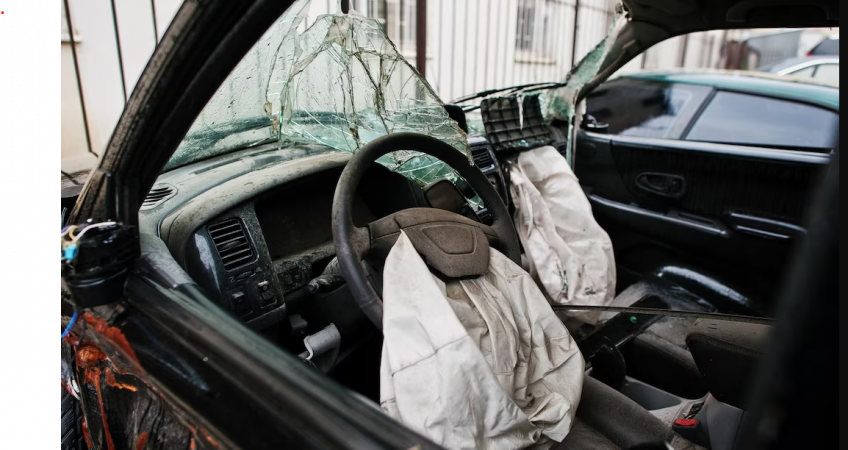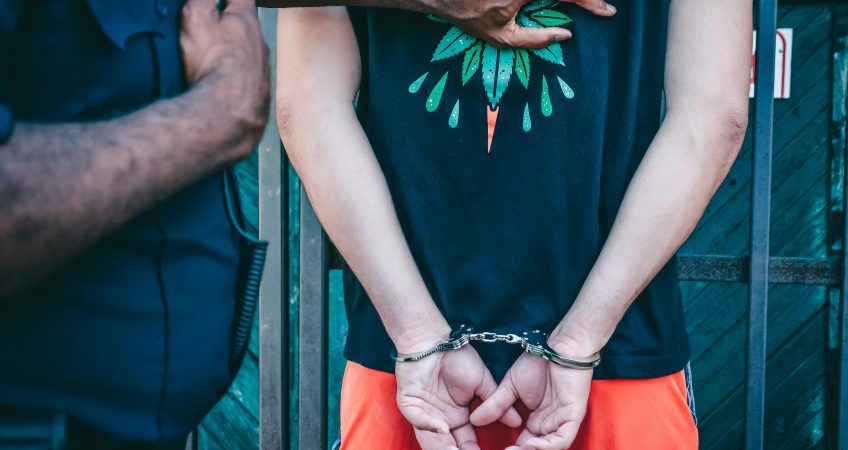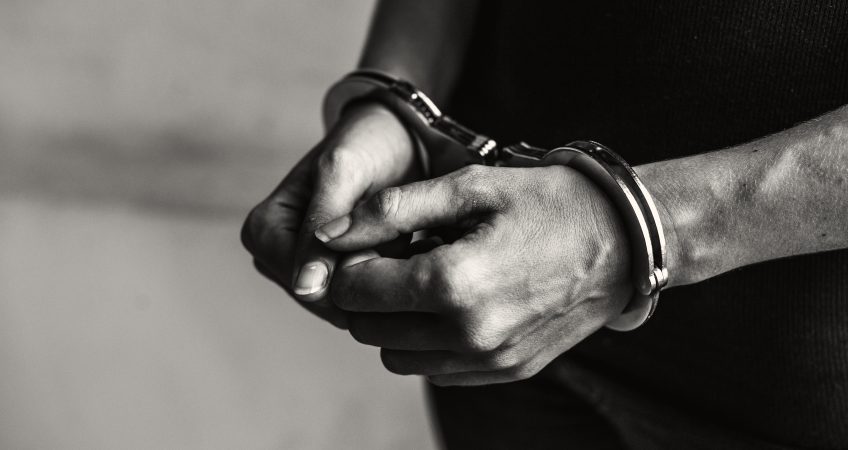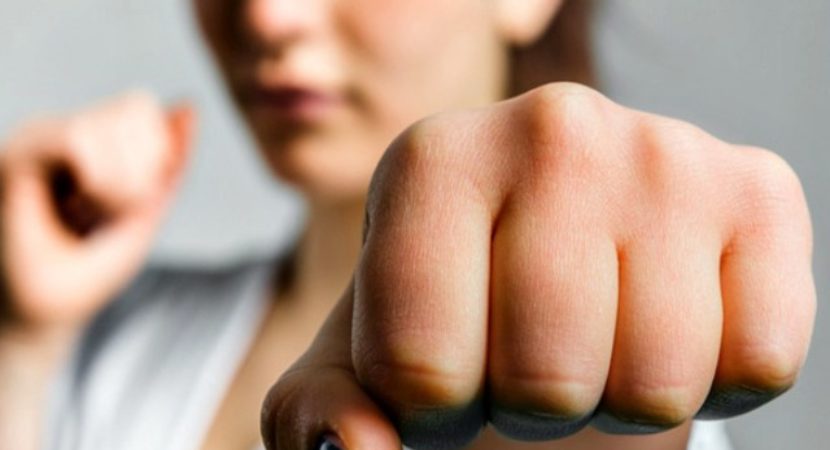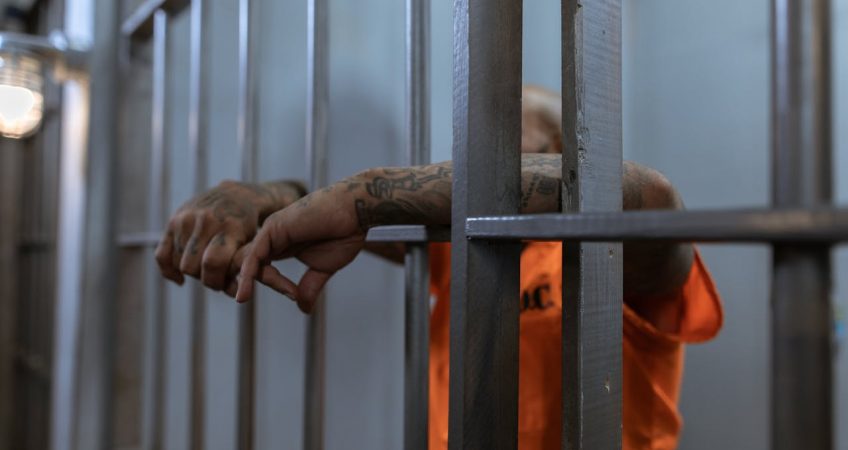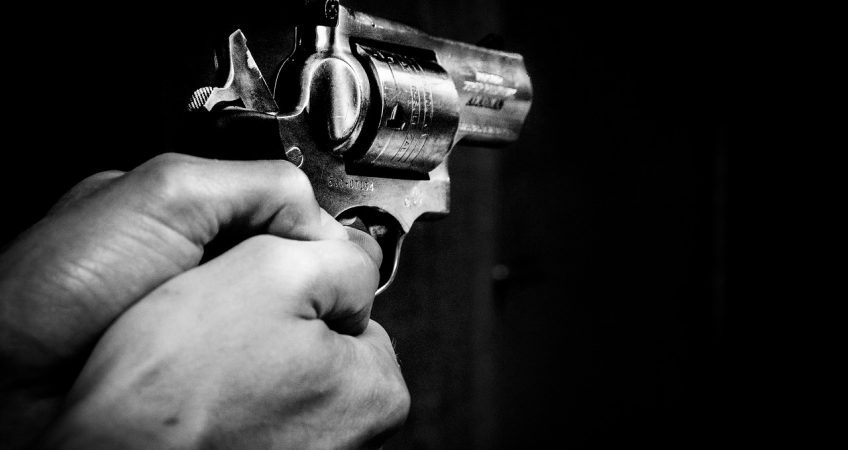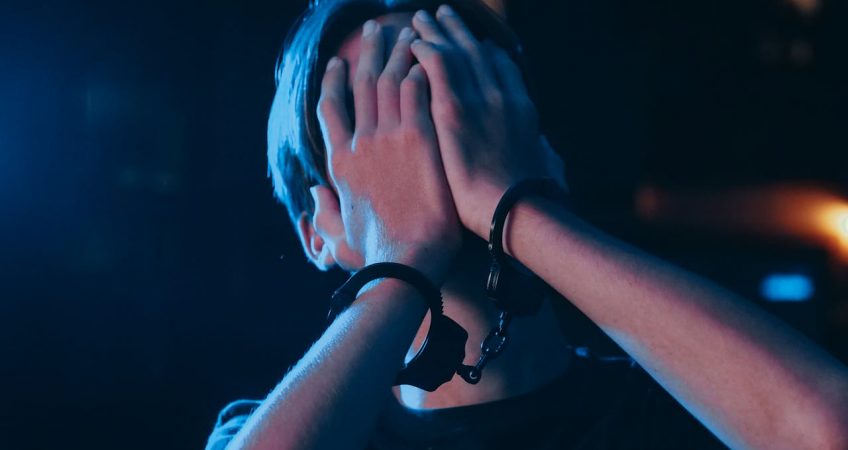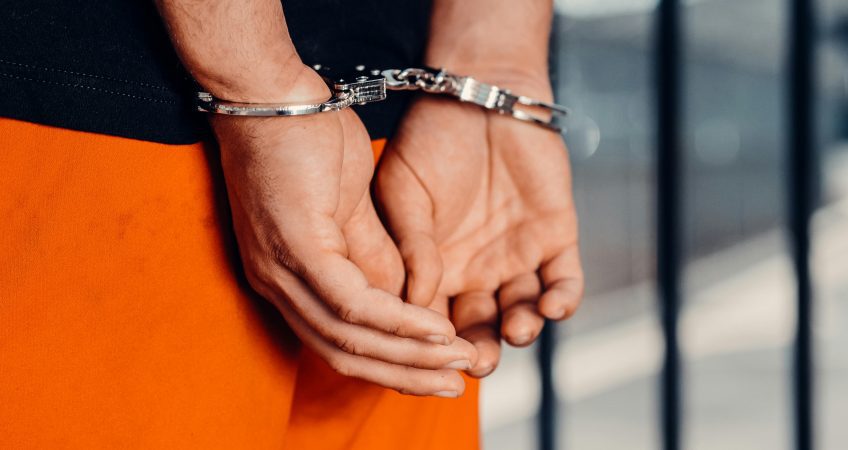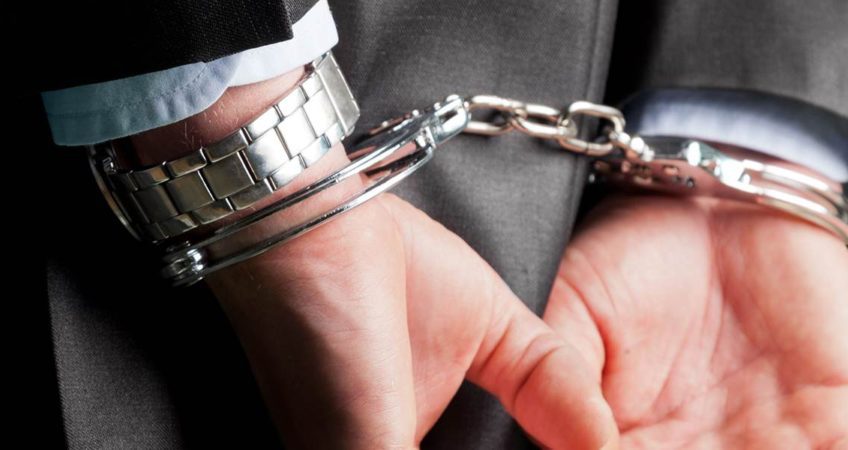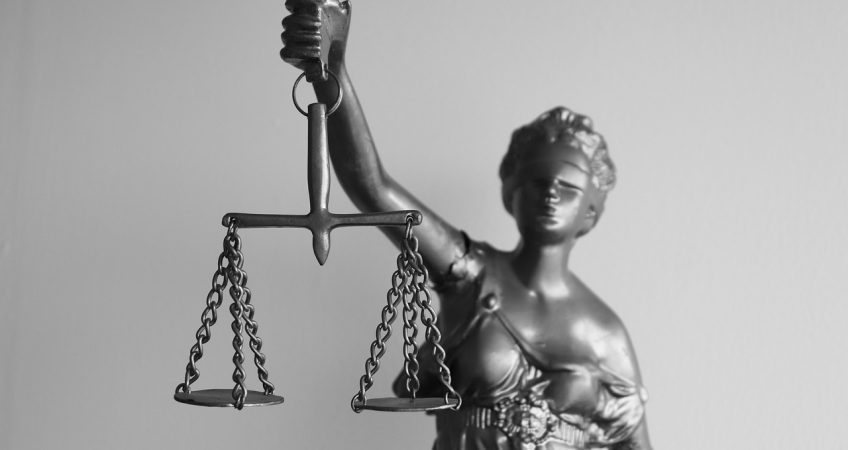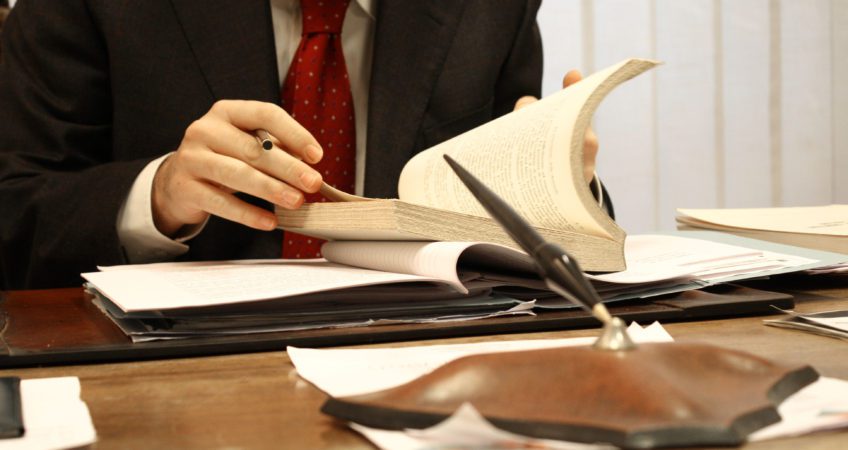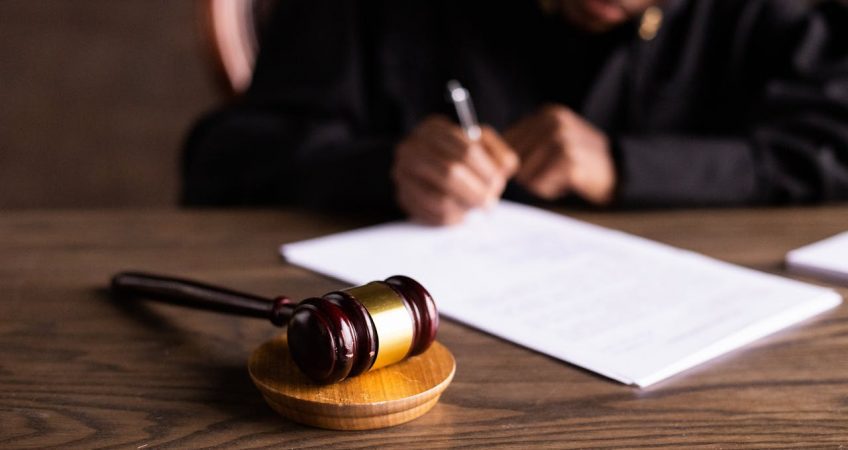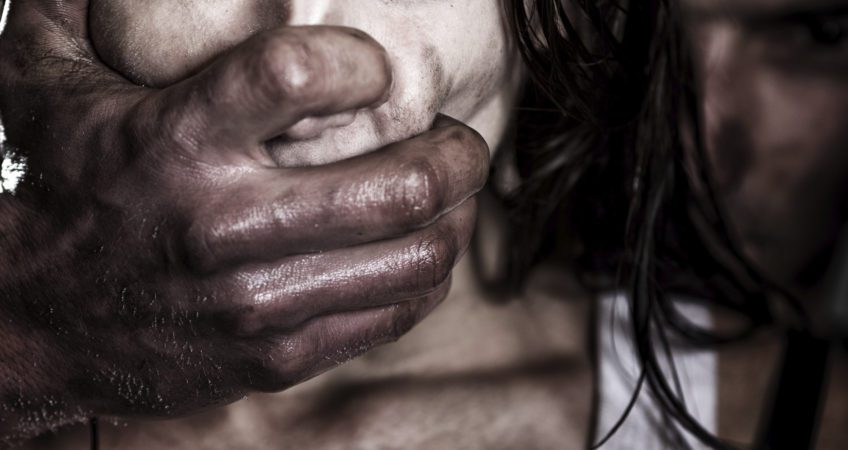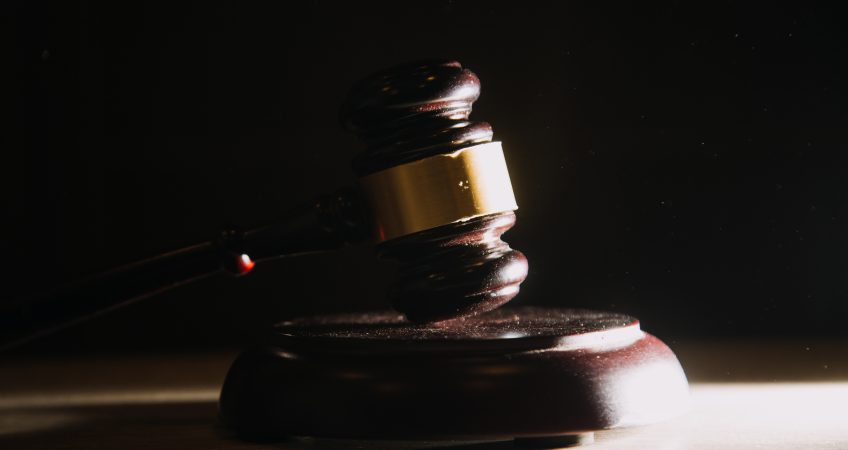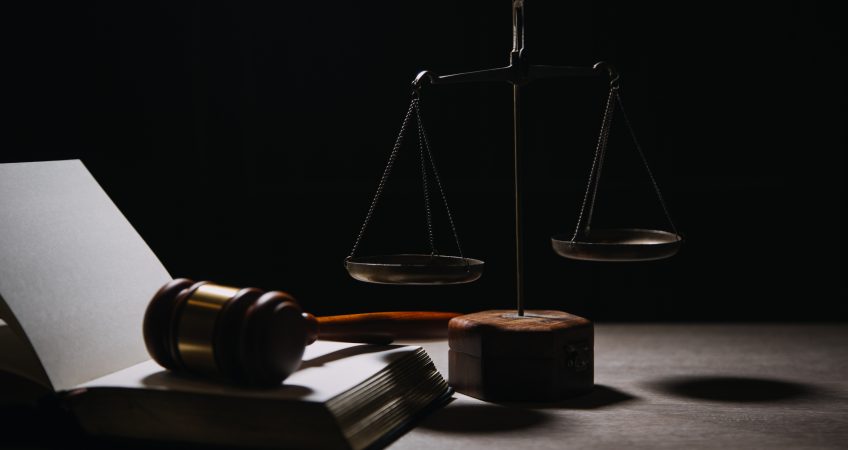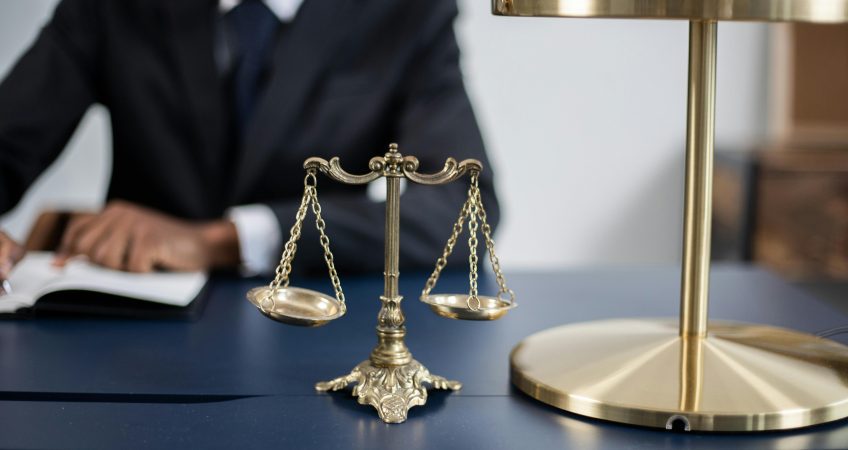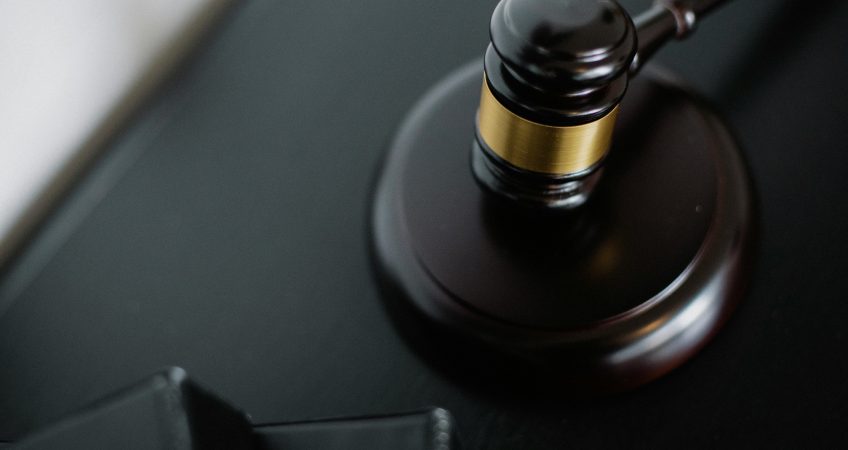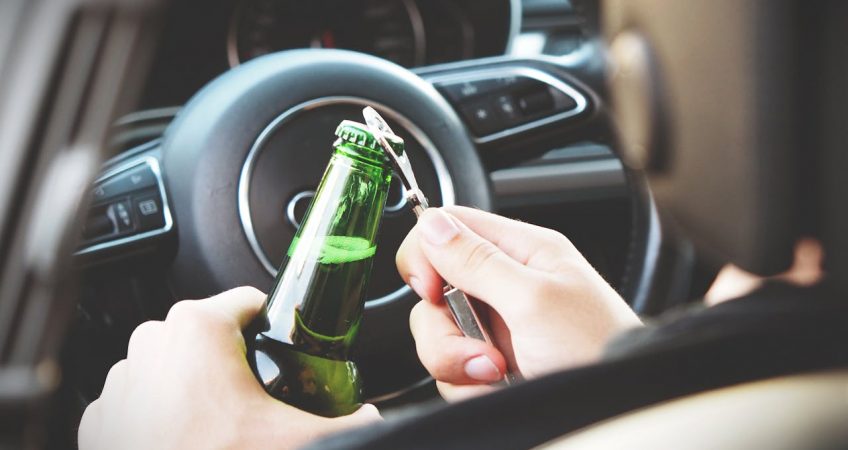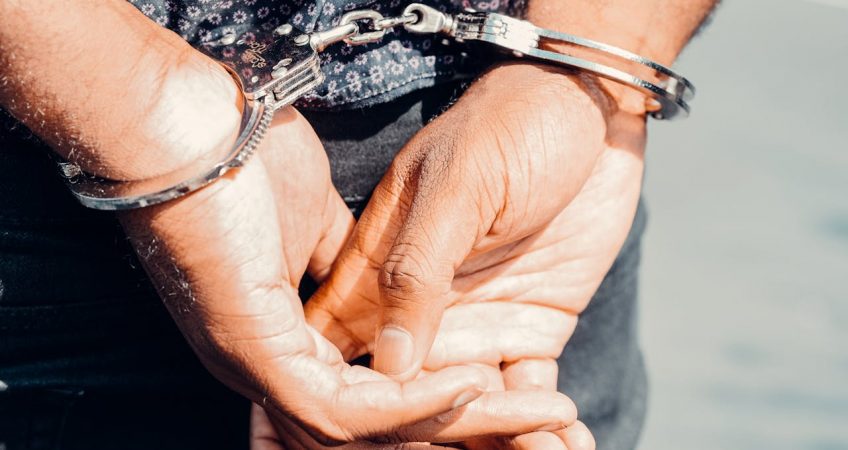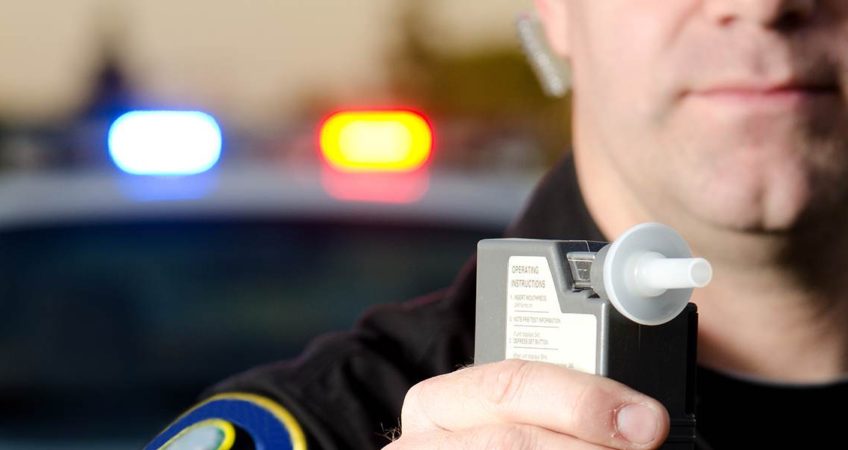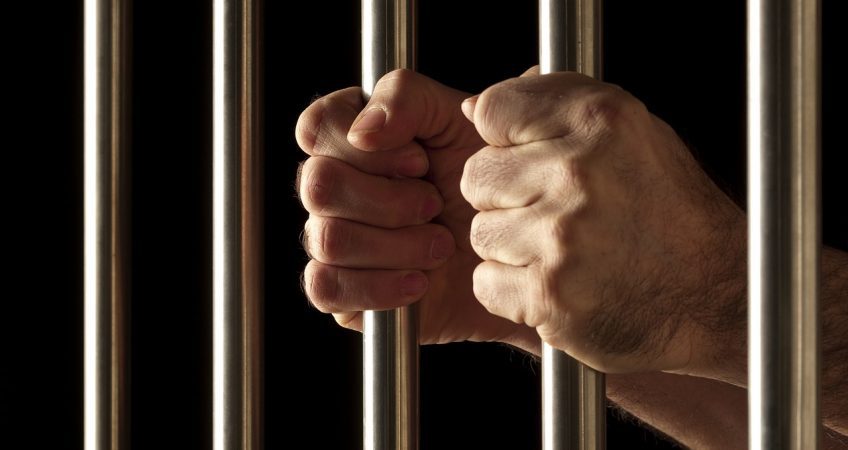Understanding the Reduction from Murder to Manslaughter in California Cases
For individuals facing charges under California Penal Code 187 PC for murder, there may be specific legal strategies that can reduce the charge to voluntary manslaughter under Penal Code 192(a) PC. Voluntary manslaughter is a lesser charge and lacks the “malice aforethought” required for a murder conviction. If your case involves factors like sudden provocation, imperfect self-defense, or lack of intent, these may support a reduction in charges.
When taking a murder case to trial, an experienced defense attorney can request that the judge instruct the jury on the option of voluntary manslaughter as an alternative to murder. This provides the jury with a choice to convict on the lesser charge if the circumstances fit. In many cases, defense attorneys will also work with the prosecution to negotiate a plea agreement, seeking a voluntary manslaughter charge in place of murder. This approach can significantly impact sentencing, often resulting in a much lighter sentence and more manageable long-term consequences.
In the following sections, we’ll break down the main differences between murder and manslaughter, the conditions for reduction, and how defense strategies can make a critical difference in these cases.
Key Differences Between Murder and Manslaughter in California
Murder (California Penal Code Section 187 PC)
Murder is defined as the unlawful killing of another person with “malice aforethought,” meaning an intent to kill or extreme disregard for human life. California law divides murder into two degrees, each with serious penalties:
- First-Degree Murder: This includes premeditated killings or deaths that occur during certain felonies, like robbery or rape. Penalties include 25 years to life in prison, life without parole, or the death penalty in extreme cases.
- Second-Degree Murder: This covers intentional killings without premeditation. A conviction typically results in 15 years to life in prison, though certain aggravating factors, like gang involvement, can add sentence enhancements and result in a longer term.
Manslaughter (California Penal Code Section 192 PC)
Manslaughter differs from murder because it lacks malice. Instead, it involves situations where the killing wasn’t premeditated or where the defendant’s intent was affected by circumstances like provocation, recklessness, or negligence. California law categorizes manslaughter into three types, each carrying specific penalties.
Types of Manslaughter and Sentencing Implications
Voluntary Manslaughter (Penal Code 192(a) PC)
In cases where someone kills during a moment of intense emotion or in response to extreme provocation, voluntary manslaughter may be charged. This typically applies when a person acts impulsively and without premeditation or malice, often as an emotional response to a provocation that would make a reasonable person lose control. Because it lacks the intent and planning involved in murder, voluntary manslaughter carries reduced penalties.
- Sentencing: Three, six, or eleven years in state prison, depending on the circumstances.
- Fines: Up to $10,000.
- Three Strikes Law: This conviction counts as a “strike” under California’s Three Strikes Law, which could result in harsher penalties for any future felony convictions.
Involuntary Manslaughter (Penal Code 192(b) PC)
When a death is caused unintentionally through reckless or negligent actions, involuntary manslaughter charges may apply. This charge is often used in cases where a person’s careless actions lead to a fatal accident, such as improper handling of equipment or a death during a non-violent crime, with no intent to cause harm.
- Sentencing: Up to four years in state prison.
- Fines: Up to $10,000.
Vehicular Manslaughter (Penal Code 192(c) PC)
Deaths resulting from negligent or unlawful driving can lead to a vehicular manslaughter charge. The severity of this charge depends on factors like the level of negligence and the circumstances of the incident.
- Gross Negligence: If gross negligence is proven, penalties may range from probation to up to 10 years in prison.
- Misdemeanor or Felony: Depending on the specific details, vehicular manslaughter may be charged as either a misdemeanor or felony, with sentencing adjusted accordingly.
How an Experienced Attorney Can Make a Difference in Manslaughter Defense
Defending a manslaughter case often requires strategic navigation of complex legal details. Each case is unique, involving factors like intent, self-defense, and the specific circumstances of the incident. Our firm draws on years of experience to analyze these elements and create a defense that reflects the facts of your case. Key steps in manslaughter defense include filing critical pre-trial motions to exclude unreliable or prejudicial evidence. These motions are essential for preventing unsupported charges from reaching a jury. If there is questionable evidence, we work to ensure it doesn’t impact your case.
Cross-examination is another powerful tool we use to challenge witness credibility and expose inconsistencies. Effective cross-examination can reveal weaknesses in the prosecution’s case, while credible expert testimony, when needed, can strengthen your defense.
When a trial is necessary, we handle every phase—from jury selection and opening statements to questioning witnesses and closing arguments—with precision. If negotiation is the best course, we pursue options like reduced charges or alternative sentencing. Our goal is to secure the most favorable outcome and protect your future.
Conditions for Reducing Murder to Manslaughter
There are specific circumstances where a murder charge can be reduced to manslaughter. For this reduction to apply, the defense must generally show a lack of malice or intent, making manslaughter a more fitting charge. Here are the main conditions that can support this type of reduction:
Heat of Passion (California Penal Code 192(a))
A heat of passion defense applies when a killing happens in the midst of an intense emotional reaction triggered by a sudden quarrel or provocation. For this defense to succeed, the following elements are essential:
- Provocation: The defendant must have been provoked in a way that would cause a reasonable person to lose self-control. This means that the situation itself created a level of emotional distress that disrupted rational judgment.
- Immediate Reaction: The response must be immediate or occur very shortly after the provocation. There must be no “cooling off” period, which would allow for deliberation.
Proving heat of passion can reduce a murder charge to voluntary manslaughter. For example, if someone reacts violently upon witnessing a betrayal or during an intense argument, the emotional state at that moment may qualify as heat of passion. These cases are often tied to personal conflicts or highly charged interactions, and a successful defense can lead to a much shorter sentence than a murder conviction.
Imperfect Self-Defense
Imperfect self-defense is a partial defense that can reduce murder charges when the defendant acted out of a genuine belief that they were in imminent danger, even if that belief was unreasonable. This condition differs from a complete self-defense claim because the belief, though honest, wouldn’t be considered reasonable under the law. For this defense to apply:
- Genuine Belief of Danger: The defendant must have genuinely felt they were at risk of immediate harm, even if that belief doesn’t hold up to objective scrutiny.
- Lack of Malice: Since imperfect self-defense does not include the intent to kill with malice, it opens the door to a voluntary manslaughter charge instead of murder.
An example would be if someone thought they were about to be attacked and responded with excessive force, causing a death. Although the defendant misjudged the danger, the partial defense could lead to a manslaughter charge rather than murder, substantially reducing the possible penalties.
Lack of Intent (Involuntary Manslaughter – Penal Code 192(b))
When a death occurs accidentally due to recklessness or negligence—without intent to kill or malice—the appropriate charge might be involuntary manslaughter rather than murder. Under Penal Code 192(b), involuntary manslaughter applies if the death was unintentional and occurred because of a dangerous action or a reckless decision. This charge is often used in situations where the person didn’t mean to cause harm but engaged in conduct that unintentionally led to a fatality.
For example, an accidental death during a physical altercation or an unintentional shooting may fall under involuntary manslaughter if it can be shown that the defendant’s actions were careless or reckless but lacked intent to kill.
How Our Defense Lawyer Works to Reduce Charges
With over 20 years of experience in Los Angeles, Attorney Arash Hashemi has developed effective methods to pursue reductions from murder to manslaughter when the case facts support it. Here are some of the key strategies we use to build a strong defense:
Presenting Evidence of Provocation
In cases where provocation played a role, we work to show that the accused acted in a moment of intense emotion rather than with deliberate intent. A situation involving heated emotions—like a sudden confrontation or response to extreme provocation—may qualify as voluntary manslaughter instead of murder. Our team gathers witness statements, physical evidence, and, where helpful, expert testimony to present a clear picture of events. This approach can provide grounds for a reduced charge and, potentially, a significantly shorter sentence.
Establishing Imperfect Self-Defense
Sometimes, a person may genuinely believe they are in imminent danger, even if that belief isn’t completely reasonable. Known as “imperfect self-defense,” this partial defense doesn’t fully excuse the act but can reduce a murder charge to voluntary manslaughter. Our team examines all relevant circumstances, such as any prior threats, history of conflict, or behavior that might have caused our client to feel endangered. Establishing imperfect self-defense can lead to a reduction in both the charge and the severity of the penalties.
Negotiating for Reduced Charges
Through strong professional connections in the Los Angeles legal community, we are often able to negotiate effectively with prosecutors. If the evidence for murder is weak or there are mitigating circumstances—such as lack of premeditation or a history of harassment against our client—we may secure a plea deal that reduces the charge to manslaughter. A successful negotiation can lead to a lighter sentence and help our clients avoid the harshest consequences of a murder conviction.
The Manslaughter Defense Process: What to Expect from Arraignment to Sentencing
Here’s what you can expect from our team’s approach to defending you at each stage of the case, from the initial hearing through to potential sentencing:
Arraignment: The arraignment is the first court appearance, where charges are formally presented, and you’ll enter a plea. At this stage, your attorney assesses bail options and, if appropriate, argues to reduce or waive bail. The goal is to secure your release as soon as possible so you can work closely with us in preparing your defense.
Pre-Trial Preparation: This phase is all about gathering and analyzing evidence. Our firm will conduct a thorough investigation, reviewing police reports, speaking with witnesses, and examining any physical or forensic evidence. During this time, we identify weaknesses in the prosecution’s case and lay the foundation for a strong defense strategy that highlights any reasonable doubt.
Pre-Trial Motions: Pre-trial motions allow us to shape what evidence and arguments the jury will see. We’ll file motions to exclude questionable evidence, dismiss unsupported charges, and limit the prosecution’s arguments. Successful motions can lead to dismissed charges or reduce the strength of the case against you, directly impacting your odds of a favorable outcome.
Plea Bargaining: In some cases, negotiating with the prosecution is the most effective path forward. We’ll work to secure a plea deal if it’s in your best interest, often seeking to reduce the charge to a lesser offense or to minimize sentencing exposure. We’ll discuss all options with you carefully to ensure any decision aligns with your goals and the realities of the case.
Trial: If the case proceeds to trial, our firm is fully prepared to present a compelling defense. We will cross-examine witnesses to expose contradictions or biases, present any relevant expert testimony, and make sure your side of the story is heard clearly and convincingly. Every trial skill matters here, from opening statements to closing arguments, and we’ll handle each detail to maximize your chances of an acquittal.
Sentencing: If convicted, the final step is sentencing. Here, we’ll advocate for alternative sentencing options such as probation, community service, or participation in rehabilitation programs. Particularly for clients with no prior convictions or where mitigating factors are involved, we’ll push to minimize the sentence as much as possible.
Frequently Asked Questions
Can all murder charges be reduced to manslaughter?
No, not all murder charges can be reduced to manslaughter. Reductions depend on specific factors in the case, such as evidence of provocation, self-defense, lack of intent, or mental health issues. These factors can sometimes make manslaughter a more appropriate charge, but they must be clearly supported by evidence. An experienced attorney can assess your case and determine if a reduction might be possible, but it’s not guaranteed.
Why is a manslaughter charge better than murder?
A manslaughter charge is generally better than a murder charge because it carries a lighter sentence and less severe long-term consequences. Unlike murder, manslaughter does not involve life sentences or the death penalty. Manslaughter convictions also typically lead to shorter prison terms and, depending on the circumstances, may offer more sentencing options, such as probation or reduced prison time. This makes a huge difference in terms of future freedom and quality of life.
How often are murder charges reduced in California?
The frequency of murder charge reductions varies widely. Factors like the strength of evidence, the specific details of the incident, and the defense strategy all play a role. Reductions are more likely in cases where the prosecution’s evidence has weaknesses, or where strong mitigating factors like provocation or self-defense are present. Although reductions are possible, they are by no means common or guaranteed; each case is unique.
Can a plea bargain reduce murder to manslaughter?
Yes, a plea bargain can sometimes reduce murder to manslaughter, especially in cases where intent or malice is unclear. Skilled attorneys often negotiate with prosecutors to reach an agreement for a lesser charge in exchange for a guilty plea. Plea bargains depend on the case specifics and the prosecutor’s willingness to negotiate, and they can lead to a reduced charge and sentence if successful.
Protect Your Future—Contact Our Los Angeles Manslaughter Defense Attorney
 Facing a manslaughter charge in Los Angeles is a serious matter, with potentially life-altering consequences. Convictions can lead to prison time, heavy fines, and a permanent criminal record that affects your personal and professional life. When your future is at stake, having a strong, experienced defense team is essential. At The Law Offices of Arash Hashemi, we draw on over 20 years of experience defending clients in serious criminal cases, including manslaughter.
Facing a manslaughter charge in Los Angeles is a serious matter, with potentially life-altering consequences. Convictions can lead to prison time, heavy fines, and a permanent criminal record that affects your personal and professional life. When your future is at stake, having a strong, experienced defense team is essential. At The Law Offices of Arash Hashemi, we draw on over 20 years of experience defending clients in serious criminal cases, including manslaughter.
Attorney Hashemi takes a strategic approach to every case, thoroughly examining the details, challenging evidence, and seeking reductions in charges when the facts support it. We understand the high stakes involved and work tirelessly to protect your rights, minimize penalties, and secure the best possible outcome. From negotiating reduced charges to preparing a powerful trial defense, we’re dedicated to achieving results that help you move forward.
If you or a loved one is facing manslaughter charges, don’t wait—call our office to discuss your options and how we can help you navigate this complex legal process. You can also schedule a 15-minute consultation through our secure online system.
Schedule Your Consultation Today
📞 Phone: (310) 448-1529
📅 Schedule Your Free 15-Minute Consultation: Conveniently book online through our secure system.
📧 Email: Contact@hashemilaw.com
🏢 Address: 11845 W Olympic Blvd #520, Los Angeles, CA 90064
⏰ Office Hours: Monday to Friday, 8:30 AM – 5:00 PM, with flexible scheduling, including weekend appointments.
Disclaimer: The content provided here is for informational purposes only and does not constitute legal advice. It is not intended to predict outcomes, as individual circumstances vary and laws may change over time. Those seeking legal advice should consult with a qualified attorney to understand how current laws apply to their specific situation. For detailed legal guidance on the topics discussed, please contact our law firm directly.

